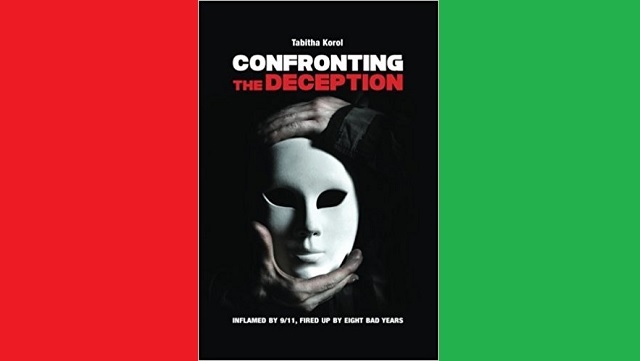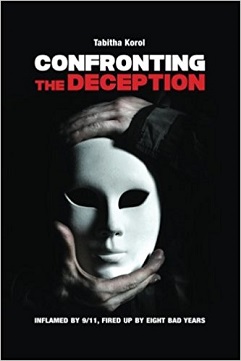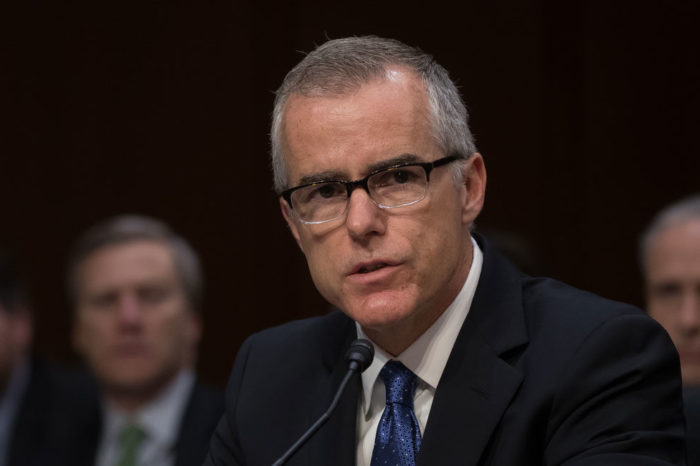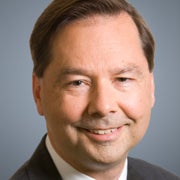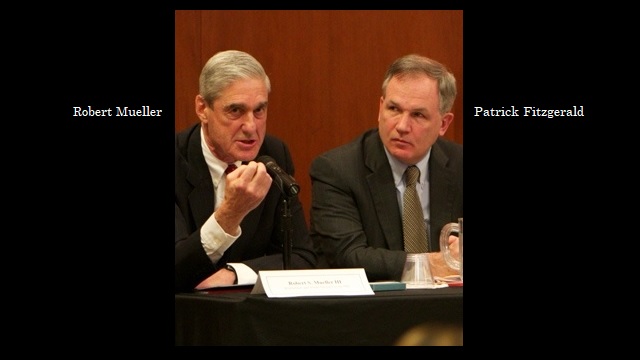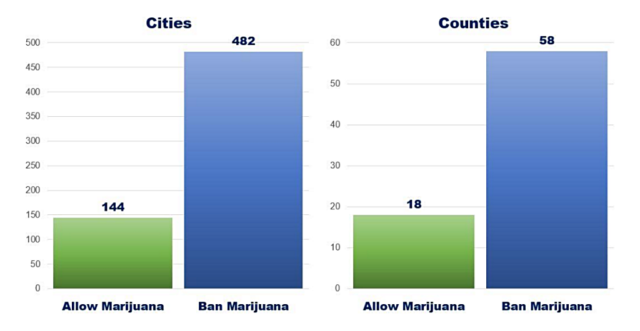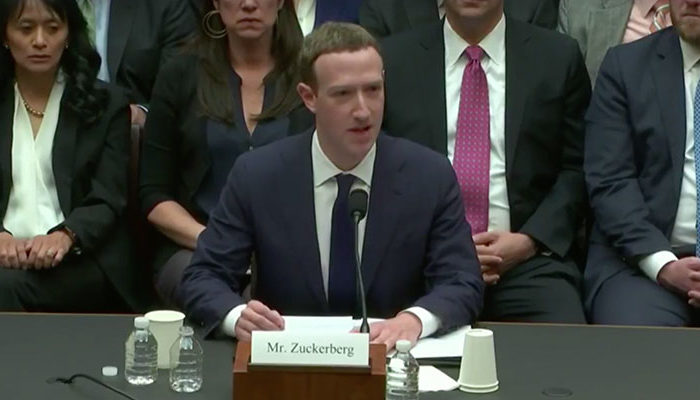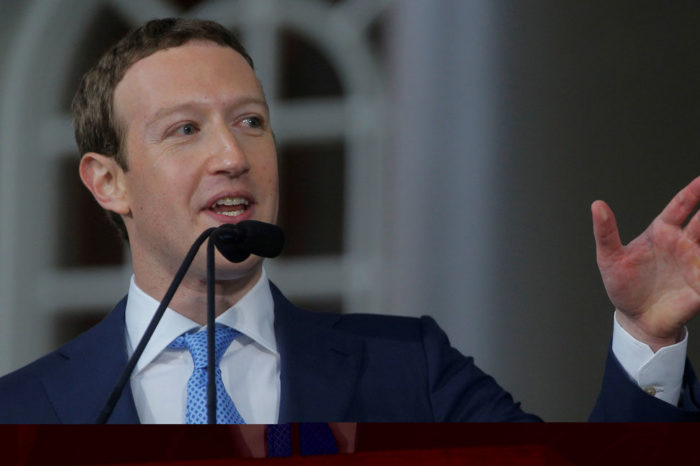We’ve seen this before, just on a smaller scale.
Special Counsel Robert Mueller is following the infamous playbook of Special Counsel Patrick Fitzgerald, who managed to convict an innocent man while the guilty one walked free — and Fitzgerald knew it.
They both went after and indicted people who either did not commit any crimes or were indicted for things unrelated to the purposes for which they were appointed. Both were in hotly political environments with supportive media. Both were open-ended investigations. And, it seems, both were hungry for convictions for the sake of convictions — not truth or justice.
Fitzgerald is the special counsel appointed in 2003 to investigate the outing of CIA agent Valerie Plame (who it turns out was a desk jockey in the D.C. area, not an undercover agent who was endangered by the outing as the media liked to imply.) Nonetheless, there was a leak that identified her.
At the time it was thought this was done by the Bush Administration, and specifically Vice President Dick Cheney’s office, in retaliation for Plame’s husband writing an op-ed in the New York Times saying he doubted Saddam Hussein had bought uranium in Africa before the run-up to the invasion of Iraq. The purchase, along with other intelligence, was part of the case for invading Iraq. Two weeks later, Plame was outed.
Fitzpatrick was appointed to find out who did it, and soon fixed his eyes on Cheney and his staff, for what appeared to be political reasons. In the end, he wrongly identified the leaker as Scooter Libby, Cheney’s Chief of Staff. Libby’s crime? Not being the leaker, but providing false or misleading information to the special counsel, for which he actually went to prison.
So we can draw a lot of comparisons between Mueller’s current investigation and Fitzgerald’s four-year-long investigation — it can take a long time to get someone to even accidentally contradict themselves. The one comparison that is not there is that Fitzgerald had an actual crime he was investigating in the illegal uncovering of a CIA agent, whereas Mueller’s original appointment was to investigate collusion, which is not a crime. So from the start, there was more legitimacy to the Fitzgerald appointment than to Mueller’s.
However, both prosecutors are following a similar path.
Fitzgerald’s long investigation came up with one indictment, that against Libby. Libby was not charged with leaking, the actual crime Fitzgerald was investigating, but with a “process” crime of misleading the FBI. That is exactly what Mueller charged Gen. Michael Flynn with. Not Russian collusion or really anything related to Russian collusion, but lying to the FBI (or not correctly remembering) about the timing of an event for which there was also no underlying crime. So it was a clever form of entrapment.
The tragedy of the Libby case is that apparently, Libby didn’t even lie or mislead. Much of his convictions were based on the testimony of New York Times reporter Judith Miller, who testified that she believed it was Libby who told her about Plame. Her testimony was the key to convicting Libby. However, after Miller read Plame’s autobiography “Fair Game” she realized that she had been misled by Special Counsel Patrick Fitzgerald.
In April 2015, Miller published an autobiography in which she, “now concluded, after reviewing old notes, that her testimony about her conversations with Libby that led to his conviction may have been false … Had I misconstrued my notes? Had Fitzgerald’s questions about whether my use of the word Bureau meant the FBI steered me in the wrong direction?”
She realized that she was wrong and her testimony “made no sense.” However, her recantation meant nothing to Libby’s conviction during Obama’s presidency and was roundly ignored by the media.
In the same way, Flynn pleaded guilty to making statements inconsistent with tapped and taped conversations he had with Russian Ambassador to the U.S. Sergey Kislyak during the transition. However, Flynn’s conversation was legal. He was not charged with the content being illegal, or even having the conversation with Kislyak. He was charged with giving the FBI the wrong time for the conversation, and part of his reason for the plea was because the investigation was bankrupting him personally. He has had to sell his house to pay his legal bills. But why was the FBI even questioning Flynn when they had the entire transcript of a conversation that they knew contained nothing illegal, and that conversation took place legally? Because they were looking to entrap him in a process crime, just as Libby was entrapped.
Worse yet, we later found out that it was Deputy Secretary of State Richard Armitage that actually outed Plame. Apparently he did accidentally in a long interview about the intelligence leading up to the invasion of Iraq. Many news outlets thought they knew it was Armitage, not Libby. Fitzgerald also knew it was Armitage, but was going after Libby for lying under oath, and asked Armitage not to go public with the information. But Armitage, who had testified to the grand jury that indicted Libby, asked Fitzgerald again if he could go public and on Sept. 5, 2006, Fitzgerald relented. Two days later, Armitage admitted publicly to being the source in the CIA leak.
On March 6, 2007, six months later, a jury convicted Libby and to this day many people think that Libby was the one who leaked.
That’s why Trump rightly pardoned Libby, although even pardon seems like the wrong word.
Both investigations were also broad and open-ended, meaning the prosecutors could go after about anyone or anything. We see that with Libby, who had nothing to do with the outing and was charged relating to nothing to do with it.
Deputy Attorney General Rod Rosenstein was so negligent drafting the appointment of Mueller that he failed to limit the investigation in either scope or time. Totally open-ended. It appears that Mueller can investigated Trump until he dies. This resulted in Paul Manafort, former chairman of the Trump presidential campaign, being indicted for alleged financial crimes that happened years before he was on team Trump. Both the Flynn and Manafort charges have zippo to do with Russian collusion, just as Libby’s had nothing to do with leaking Plame’s identity — and he didn’t even do what he was charged with.
Another comparison is that they were and are both all political. There is no search for truth or justice. There is a search for political targets. Fitzgerald knew it was Armitage who leaked, but he accepted it was just an accident, but after four years, he had to show something. And so Libby.
But look at the comments from Joe Wilson and Valerie Plame on the pardon of Libby:
Wilson told the Huffington Post:
“Libby’s problem was with the Justice Department. He was indicted, tried and convicted on obstruction of justice and perjury charges for basically violating the national security of the United States of America…Now he’s being pardoned for it, which suggests of course that Mr. Trump is willing to allow people to violate the essence of our defense structure, our national security, our intelligence apparatus and essentially get away with it.”
Plame told MSNBC that “you can commit crimes against national security and you will be pardoned.”
There is no way that Wilson and Plame don’t know that Libby neither lied nor was the leaker. They are both misleading, shall we say, to make Trump look bad just as Wilson maneuvered with the New York Times to make Bush look bad.
In the same way, we see Mueller’s investigation going far and wide to get indictments for people that have nothing to do with the original charge he was given. And they all make Trump look bad.
Finally, the man who had oversight of Patrick Fitzgerald was none other than James Comey, a close friend and confidant of Mueller.
None of these comparisons bode well for actually getting to the truth of Russian collusion. Just as Fitzgerald let the actual leaker off the hook, it seems Mueller is not interested in the actual colluder, which resides in the Clinton campaign, DNC and the Russian dossier.
EDITORS NOTE: This column originally appeared in The Revolutionary Act. Please join The Revolutionary Act’s YouTube Channel.




